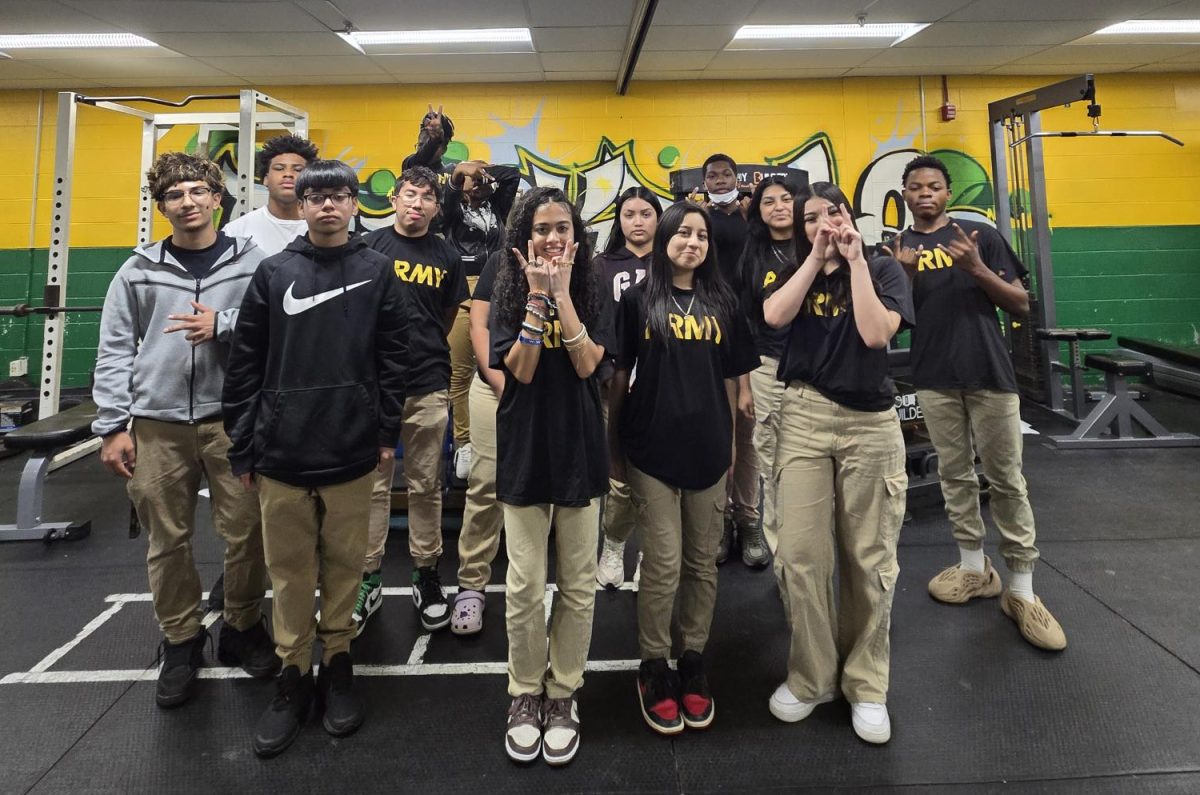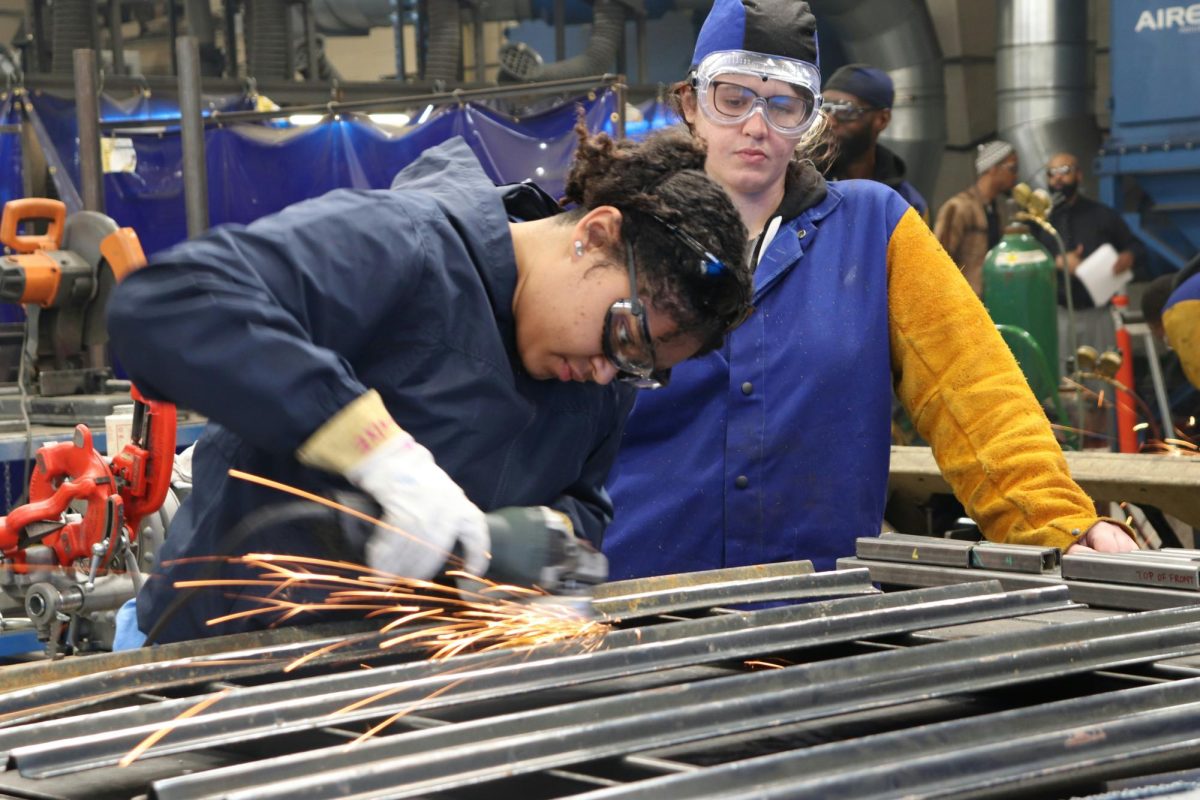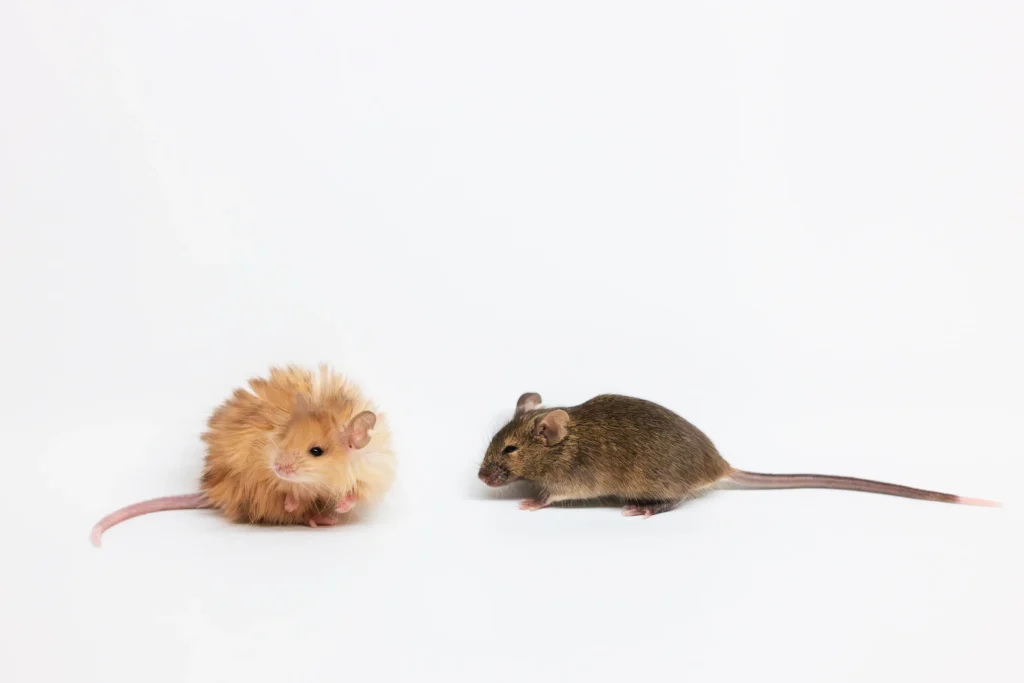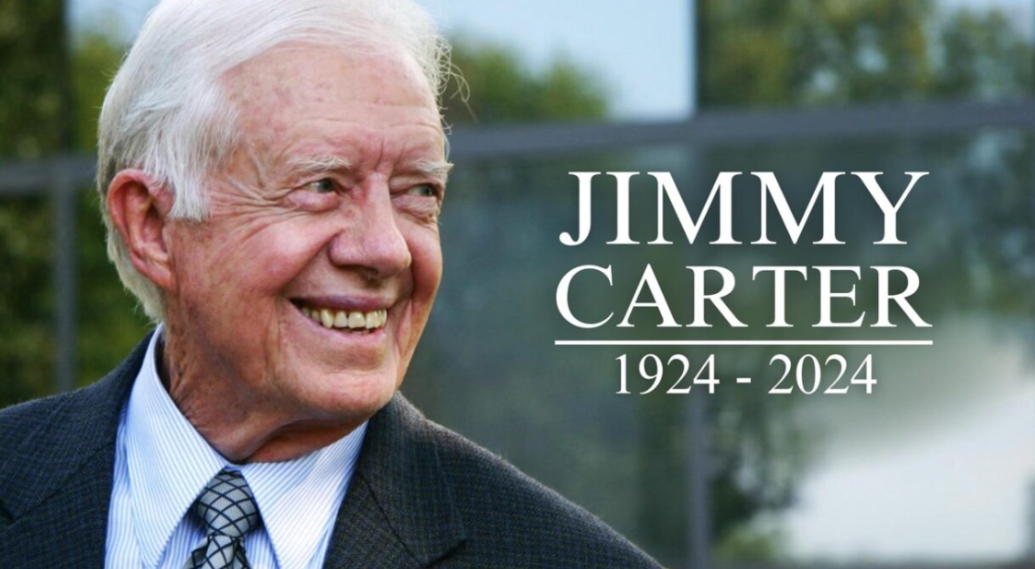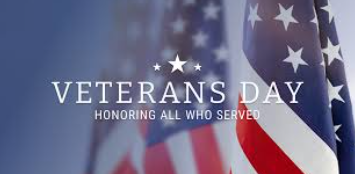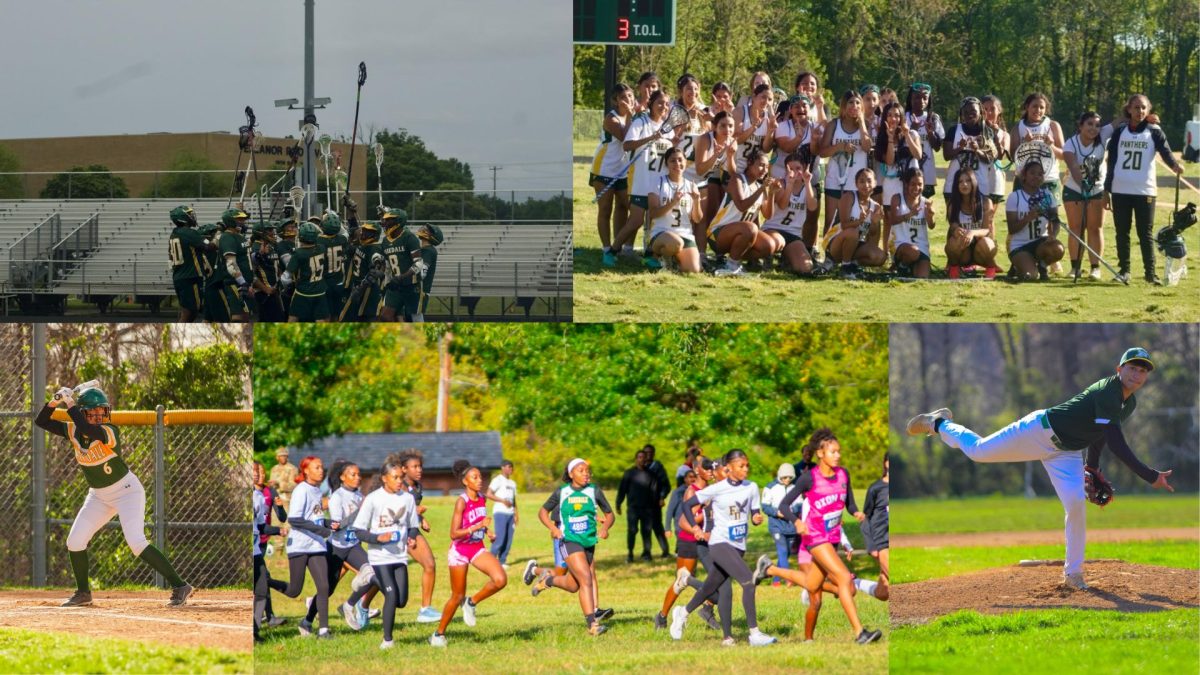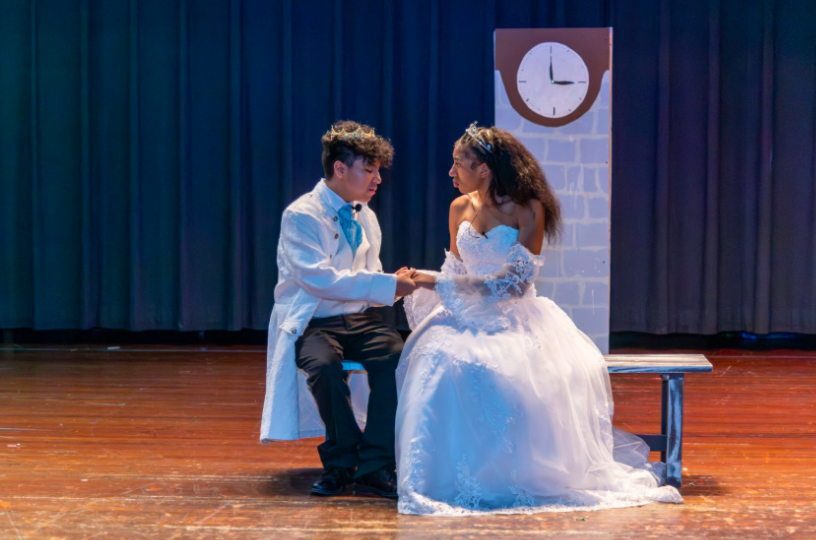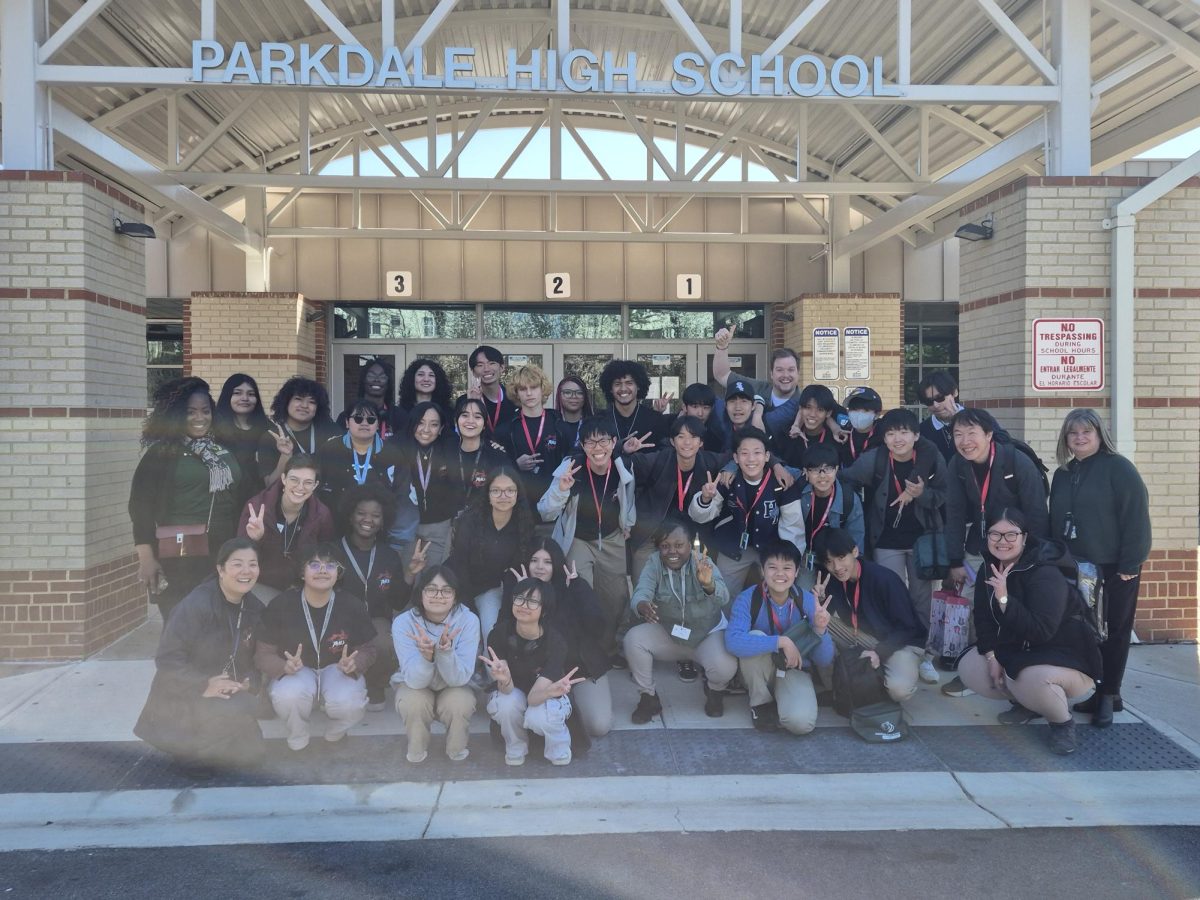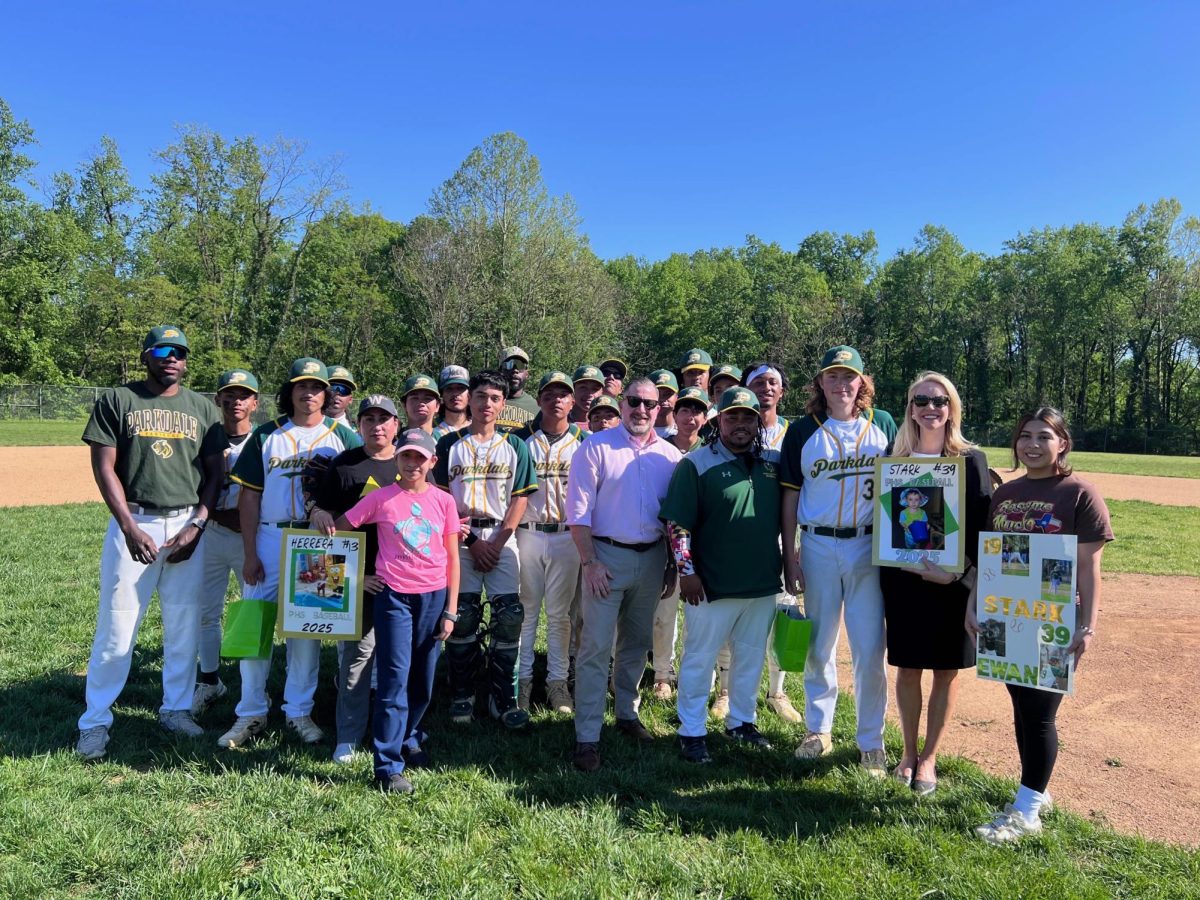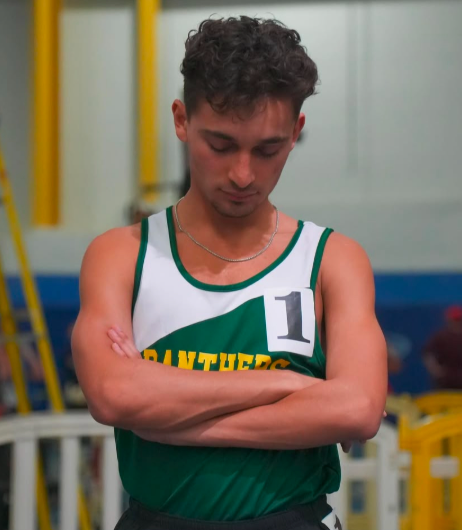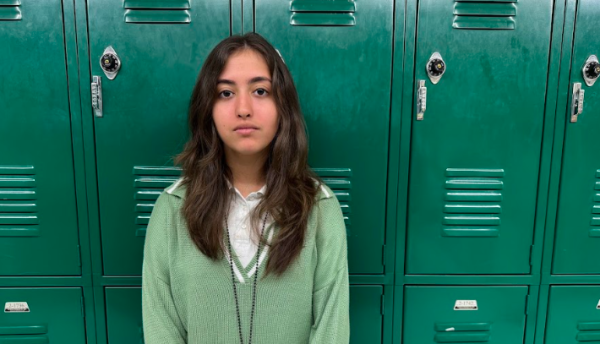When I was in middle school, I never heard about JROTC or anything JROTC related. My first experience with JROTC was when I dropped some of my books, and a boy in full camo gear picked it up for me.
At the time, I was extremely confused. I had seen kids in uniforms, sometimes blue, sometimes camo, but I didn’t fully understand until I asked a teacher about it.
JROTC is defined as “a program that prepares high school students for leadership roles and citizenship”. But what exactly is it? I have friends in JROTC, who tried to explain to me exactly what they do, but nothing made sense to me. Some told me it was the funnest experience they had at school; others lamented how it was torture. I realized if I wanted to understand JROTC, I’d have to experience myself.
The first thing I heard when I entered the 2B class was a student uttering the question “I thought you said we couldn’t have fun here?” to which Colonel Rivers, the man in charge of the program, smile in response to.
The second was when a student came in behind me (after the bell had rang) and was forced to do 10 push ups. This is exactly what I had expected from JROTC: physical consequences, a quiet classroom, and an air of seriousness. But as I sat there and the seconds ticked by, it became more and more like a normal class.
The day I sat in, the topic they were focusing on was the American government. Not how to take over an enemy territory or how to beat someone up. The Colonel taught from his seat, the class reading the slideshow on the SmartBoard. While I admit I was in a smaller class, it was still surprisingly unruly. Not in a bad way, in a normal way. Student didn’t raise their hands, they talked when they wanted to, speaking less like they had been asked a question and more like they were having a normal conversation.
At some point, the Colonel asked the class to recite something, some sort of foundational text from American history. The wager was that if you could recite enough of it, you’d get a ticket to Cinderella. I didn’t expect this, gifts? In JROTC? It’s not like there wasn’t strictness, trust me there was, but there was fun, too.
And then out of nowhere, a student stepped to one of those fish on a wall that sing things and pushed the button. The class erupted into giggles. That’s when it hit me: this isn’t a normal class, no, but it isn’t some military training class where they lined you up and yelled at you all day.
Gone was my pre-composed notion that JROTC was a military cult, or some sort of torture. While it was stern, and serious, and full of tension with the looming threat of push-ups every second, it was overall chill. They joked, they laughed. There was comraderie, community.
This was something many JROTC students talk to me about– the community of JROTC. You get to go and meet students with fellow interests. Since you’re stuck with them, and often working with them, you get to create bonds.
As a fire drill was called and I watched them stand in a line, a student doing pushups for talking out of line in the background, I thought about these students and their futures. Twenty to 30% of JROTC students join some sort of military endeavour after high school. Colonel Rivers stressed to me how students didn’t have to do anything military related after school. JROTC isn’t necessarily military prep, at least not if you want it to be. It’s about learning how to be a leader, to strengthen yourself mentally.
Something that stuck out to me was when I watched the student doing push ups during the fire drill and the Colonel turned to me and said, “he’ll do push-ups until I’m bored…but he can ’cause he has the mental strength to do so.”
Yes, JROTC is scary. Colonel yells, the threat of doing push-ups is always around, but what stood out was the laughter, the friendships, how easily these students were able to be put into rough situations with a clear head and good attitude.
It dawned on me just how important this program is. It teaches so much, from American government to CPR. You learn how to work with others, to think in stressful situations, and so much more.
Where does this leave us?
Would I join JROTC? No. Not because I hate the program or the people there, but because I know my limits and don’t think I could handle the stress. It’s not a program for everyone. WIth that being said, I think it’s incredibly important, and teaches extremely helpful things. JROTC is giving students opportunities, whether it be an extra step up when joining the military or fun field trips.
In a world where everyone is seemingly a follower, JROTC creates leaders.

